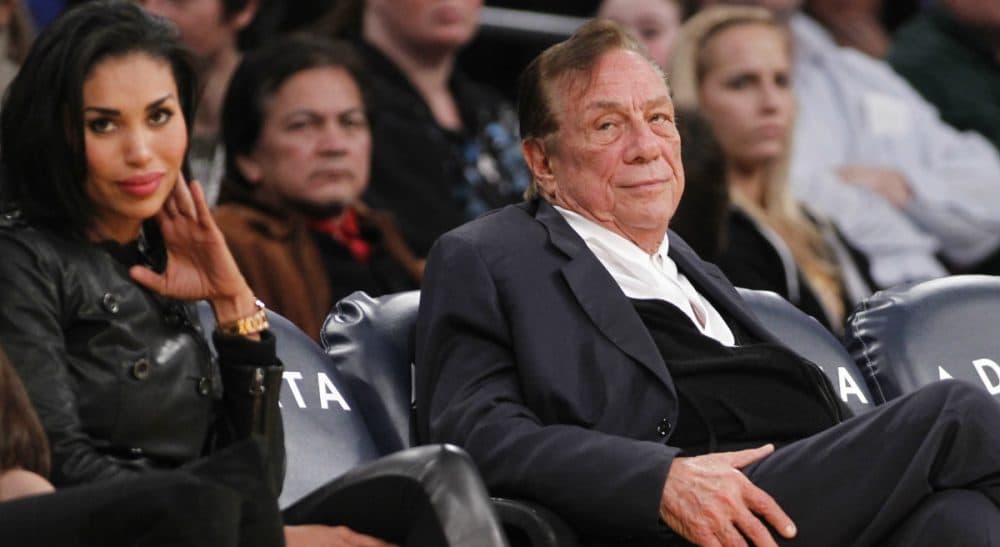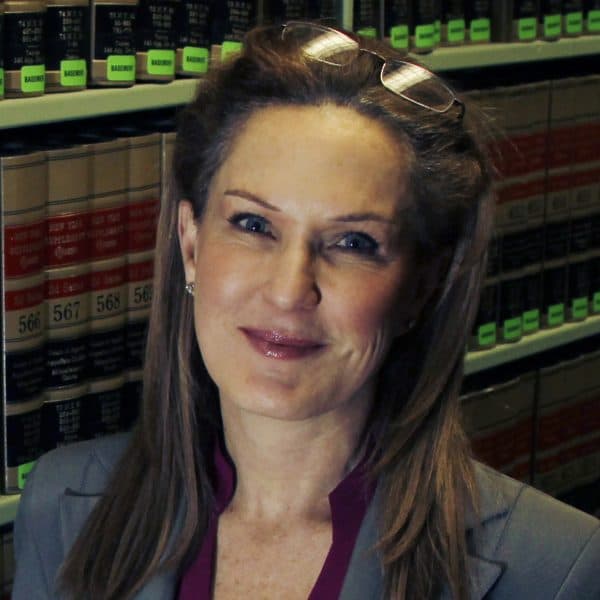Advertisement
Donald Sterling And Pay-To-Play Racism

As with so many bad guys in sports, Donald Sterling was a virtual unknown until he got in trouble.
Within hours of the release of an audiotape revealing the octogenarian as an entitled, unapologetic racist, the Los Angeles Clippers owner was a household name. Sterling's tarnished reputation showed him to be not only a linguistic thug who made cruel racist statements, but also a man who acted on his racism as a landlord by renting (or not) his apartments to people based on skin color. “Blacks smell bad,” he reportedly said about why he rejected blacks as tenants. The Justice Department fined him millions in a discrimination case that made headlines but didn’t change the guy at all.
Clearly worried about public perception, however, Sterling started donating to the NAACP in Los Angeles, and he regularly took out big newspaper ads promoting his own benevolence. The NAACP even honored Sterling at its annual gala a few years ago, and had plans to honor him again later this month until the tapes came out. Such stature for Sterling within a prominent chapter of the nation’s leading anti-racism organization suggests racism is acceptable so long as the racists are writing checks to the right groups.
Such stature for Sterling within [the NAACP] suggests racism is acceptable so long as the racists are writing checks to the right groups.
No wonder Sterling didn’t come out and apologize or announce that he was headed off to “racism therapy” so he could become more sensitive. The guy probably feels like saying, “you’re all a bunch of hypocrites — the NAACP knew I was a racist and they still gave me awards because even they believe money is more important than racial equality.”
Though Sterling is now banned from the NBA for life, he will make a fortune when he sells the team, and he’ll probably use his profits to buy an island where he will build a home and hire blacks as servants and call them “Mammy” and “Sambo.” And he will find people willing to take the money because for some black Americans, including V. Stiviano, money does trump racism. (Stiviano, of course, is the woman at the center of the Sterling scandal.)
One of the only people involved in this mess who seems more concerned about prejudice than money is NBA commissioner Adam Silver. By banning Sterling for life, he used his power as the head of a fabulously wealthy industry to say that certain things are more important than money. Some say his tough talk was all about money because advertisers, players and fans might have wreaked financial havoc if he hadn’t been so firm. Maybe so, but he raised the bar on what matters in professional sports because no commissioner had ever before come down so hard on a social issue.
Advertisement
Silver’s words and actions will affect the behavior of owners, players and employees throughout the NBA — and likely the NFL, NHL and MLB as well. Leadership, more so than fines, shame, education and even prosecution, changes how people think and feel about prejudice. (With luck, a commissioner will one day take a similarly strong position when a player or owner assaults a woman.)
At age 80, Sterling probably thinks prejudice is normal. After all, the guy was raised at a time when blacks were explicitly not equal in the eyes of the law. But having rusty mental software is no excuse in 2014 for Sterling to tell anyone not to socialize with blacks. When Stiviano complained that he was seen in public with her, he said that was different. (Stiviano identifies herself as mixed race in the tapes.) No doubt he meant she was performing a service for him, for which she was being paid with fancy cars and property, as if that made it something other than “socializing.” Clearly the guy saw the black people in his life, including the players, more like corporate assets than friends.
we allow certain businesses to make a fortune literally 'purchasing' human beings, black and white, for profit-driven entertainment.
Little has been said about the fact that Sterling treated Stiviano like a prostitute. Racism against black men always takes center stage over racism and sexism against black women. Of course, Stiviano isn't exactly sympathetic: not because she may have made the tapes in violation of California’s wiretap laws, but because she was willing to associate with a guy who saw her, and all black people, as less than human. Her life choice, like the actions of the NAACP, makes the fight against racism harder for everyone because if they don’t object to the mistreatment of blacks, why should anyone else complain?
The media is having a field day analyzing why Sterling embraced a slave-master mentality, but it isn’t complicated. The festering wound from which people like Donald Sterling emerge is this: we allow certain businesses to make a fortune literally “purchasing” human beings, black and white, for profit-driven entertainment.
Slavery wasn’t outlawed so much as industrialized into a different economy. Donald Sterling simply cashed in on the transition and was dumb enough to say so out loud.
Related:
- Steve Almond: Banishing Donald Sterling From the NBA Isn't 'Solving' Racism
- Peter May: Here’s What Finally Did Donald Sterling In
- Bill Littlefield: Lifetime Ban For Clippers Owner Donald Sterling
